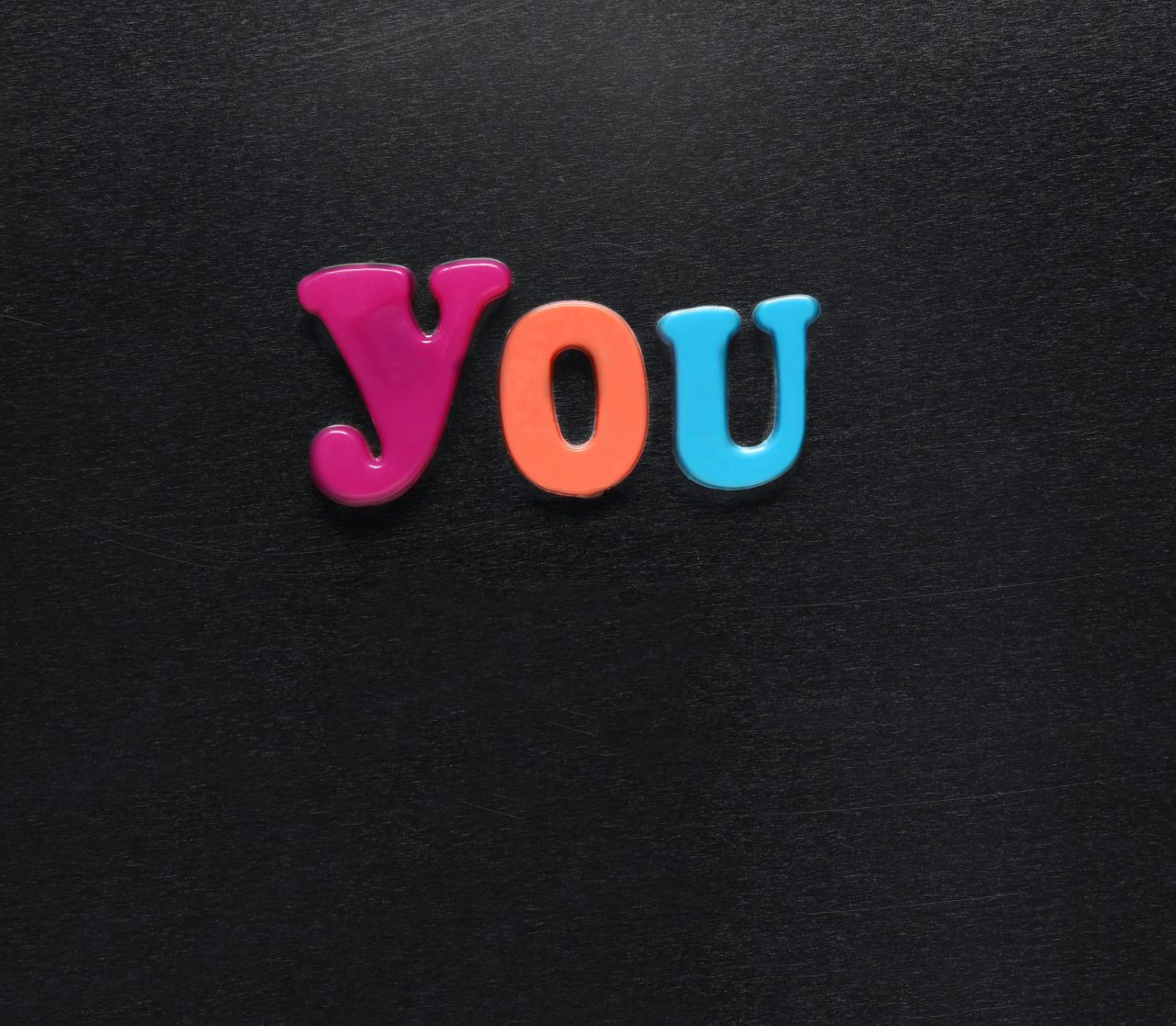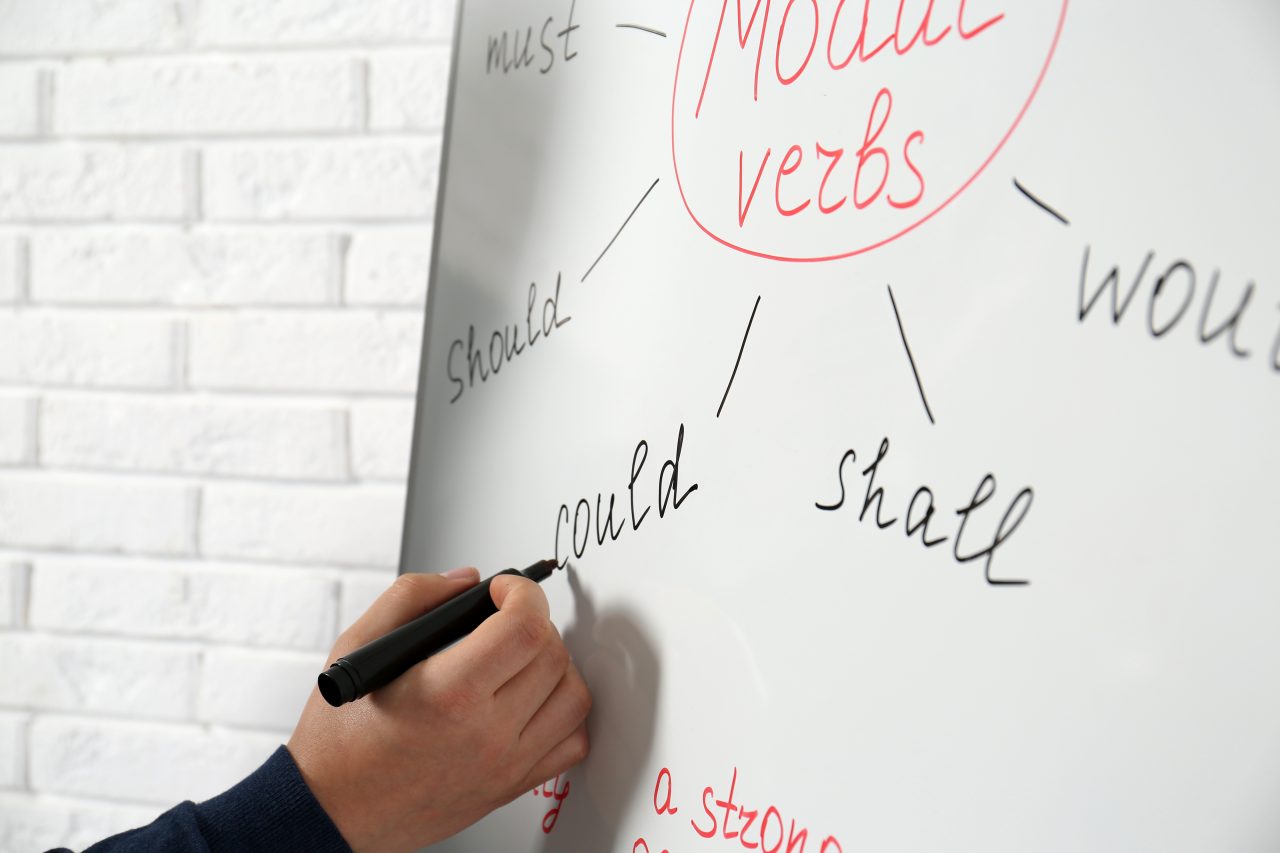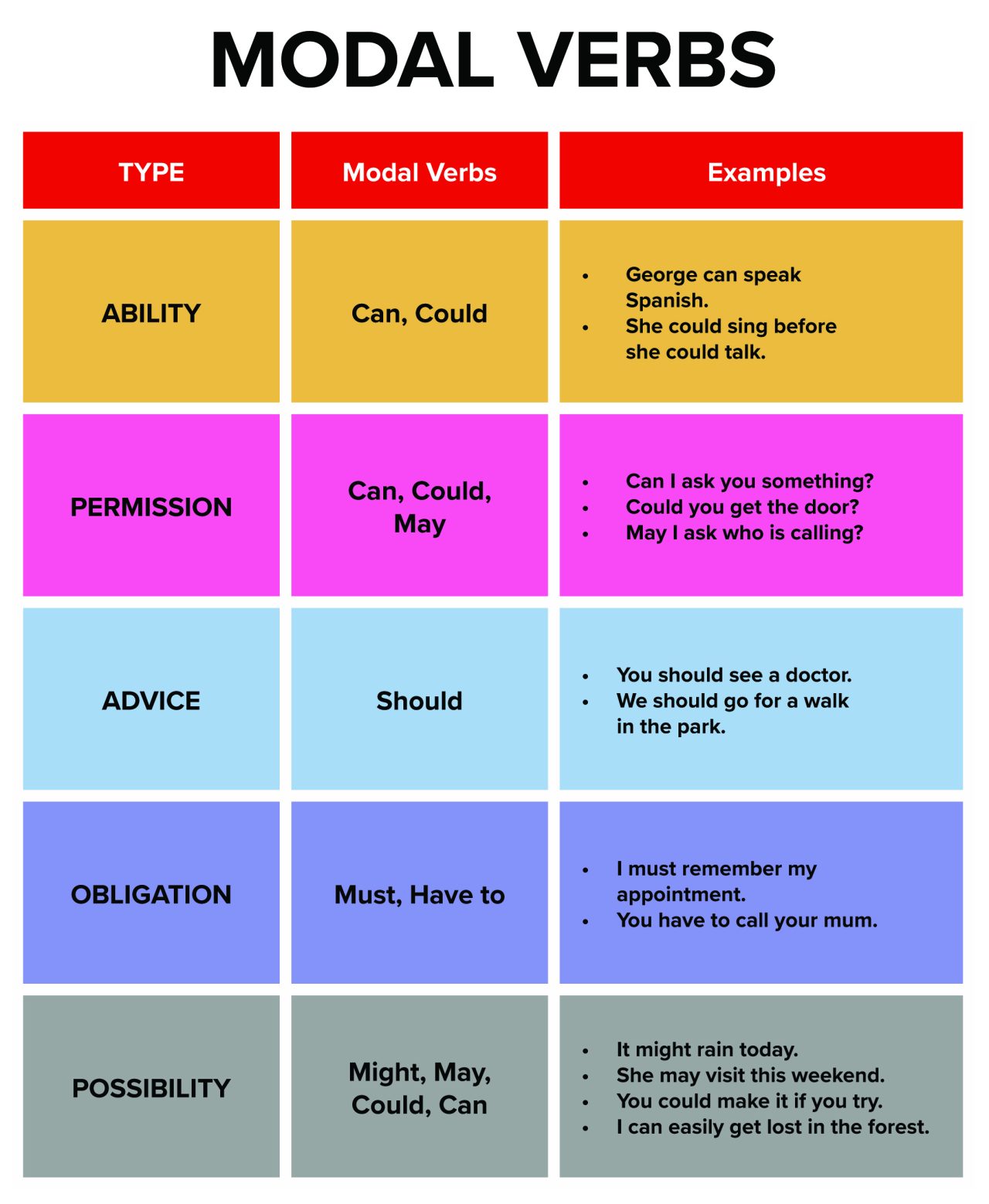
Frustrert dame som står foran klesskapet og er usikker på hva hun skal ha på seg av klær


Bokstav magneter som staver ordet you

Fokus av hånden til en lærer som skriver opp modal auxiliary verbs eksempler på en whiteboard tavle


Ordet Sentence Structure stavet ved hjelp av treklosser med bokstaver på
Mechanics
When we say mechanics, we speak about the rules in writing. It covers spelling, capitalization, sentence structure, and more. Two things we are going to explain more are contractions and the verb get.

Fokus på hånd som holder en blyant og skriver i en skrivebok
Contractions
Do not use contractions in formal writing. A contraction is a shorter form of a group of words such as I’m (I am) and you’re (you are). Instead, you write it out: do not (don’t).

Fokusert, ung kvinne som leser og skriver ved en pult

Time to put your skills to the test!
Your language skills will be better when you learn how to use the language in different situations.
The best way to get better is to practice the language. You should practice both formal and informal language.

En gruppe studenter som sitter i en trapp inne på skolen og snakker
Kilder:
- Cambridge Dictionary (Retrieved: 23.08.2022): Formal and informal language
https://dictionary.cambridge.org/grammar/british-grammar/formal-and-informal-language
- ThoughtCo. (Retrieved: 23.08.2022): What is register in linguistics?
https://www.thoughtco.com/register-language-style-1692038
- Cambridge Dictionary (Retrieved: 23.08.2022): Formal
https://dictionary.cambridge.org/dictionary/essential-american-english/formal
- Cambridge Dictionary (Retrieved: 23.08.2022): Informal
https://dictionary.cambridge.org/dictionary/essential-american-english/informal
- Grammarly Blog (Retrieved: 23.08.2022): What are modal verbs?
https://www.grammarly.com/blog/modal-verbs/
- Writing Commons (Retrieved: 23.08.2022): Mechanics
https://writingcommons.org/section/grammar/mechanics/
- Thesaurus.com (Retrieved: 23.08.2022): Get: 314 synonyms and antonyms
https://www.thesaurus.com/browse/get
- Cambridge Dictionary (Retrieved: 23.08.2022): Contractions
https://dictionary.cambridge.org/grammar/british-grammar/contractions
Bilde- og videorettigheter:
-
-
Getty Images
-
Getty Images
-
Adobe Stock
-
Getty Images
-
Skolerom
-
Adobe Stock
-
Getty Images
-
Getty Images
-
Adobe Stock
-
Getty Images
-


